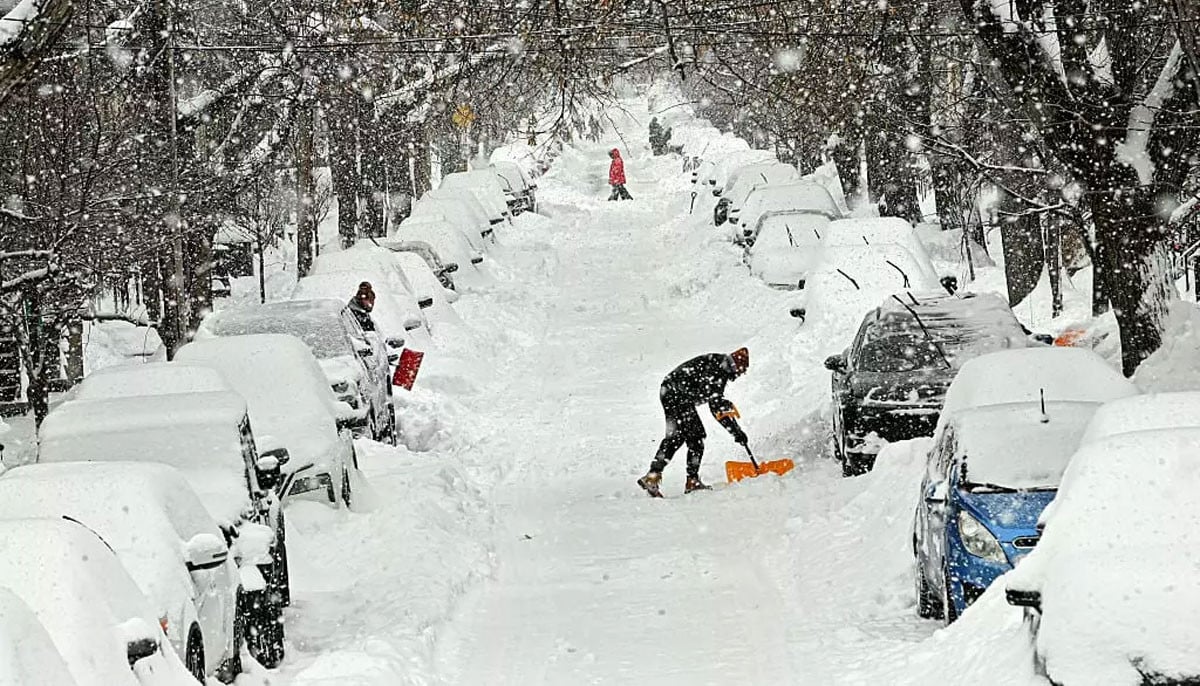Canada needs much higher carbon tax to meet climate target: study
Carbon pricing is the primary measure undertaken so far by Prime Minister Justin Trudeau´s government to reduce Canada´s greenhouse gas emissions by 30 percent from 2005 levels by 2030.
MONTREAL: Canada´s projected carbon tax must be more than quadrupled over the next 10 years to meet its Paris Agreement commitment to slash CO2 pollution, economists said in a report Wednesday.
Carbon pricing is the primary measure undertaken so far by Prime Minister Justin Trudeau´s government to reduce Canada´s greenhouse gas emissions by 30 percent from 2005 levels by 2030.
Introduced earlier this year, the fuel levy -- one of the few of its scope in the world -- was applied to four of Canada´s 10 provinces that have not brought in their own equivalent measures.
It was initially set at Can$20 per ton of emissions, adding four cents to the cost of a liter of gasoline, and is set to rise incrementally to Can$50 per ton.
But the Ecofiscal Commission -- an independent group of academic economists and former Canadian political leaders -- said in a report this "will not be enough to ensure that the country meets its international commitments."
"Our analysis indicates that this is possible if the national price of carbon reaches Can$210 (US$160) per ton by 2030," which represents an increase of about 40 cents per liter of gasoline.
The report notes that Canada could also achieve its CO2 reduction target through a combination of regulations and subsidies, but cautions that those measures would cost more.
Ottawa´s own projections show its climate plan will fall short of its target, unless beefed up. But the Trudeau administration has yet to say what further actions it is prepared to take.
In order to limit global warming to 1.5 degrees Celsius and avoid a climate disaster, the world´s fossil fuel emissions will need to fall by 7.6 percent per year through to 2030, the UN said on Tuesday.
-
Iceberg A-23A turns blue as scientists warn collapse is imminent
-
Matt Damon gets candid about standing by Ben Affleck during tough times
-
Environment Canada weather warning as cold front brings strong winds to Ottawa
-
Jennifer Lawrence reveals which pet she got after letting dog go
-
'Emily In Paris' season 5's 'most challenging' scene revealed
-
Kelly Clarkson achieves major music milestone
-
King Charles, Prince William concerned about Andrew's mental health
-
Gwyneth Paltrow’s daughter lands in ‘trouble’ after latest announcement












